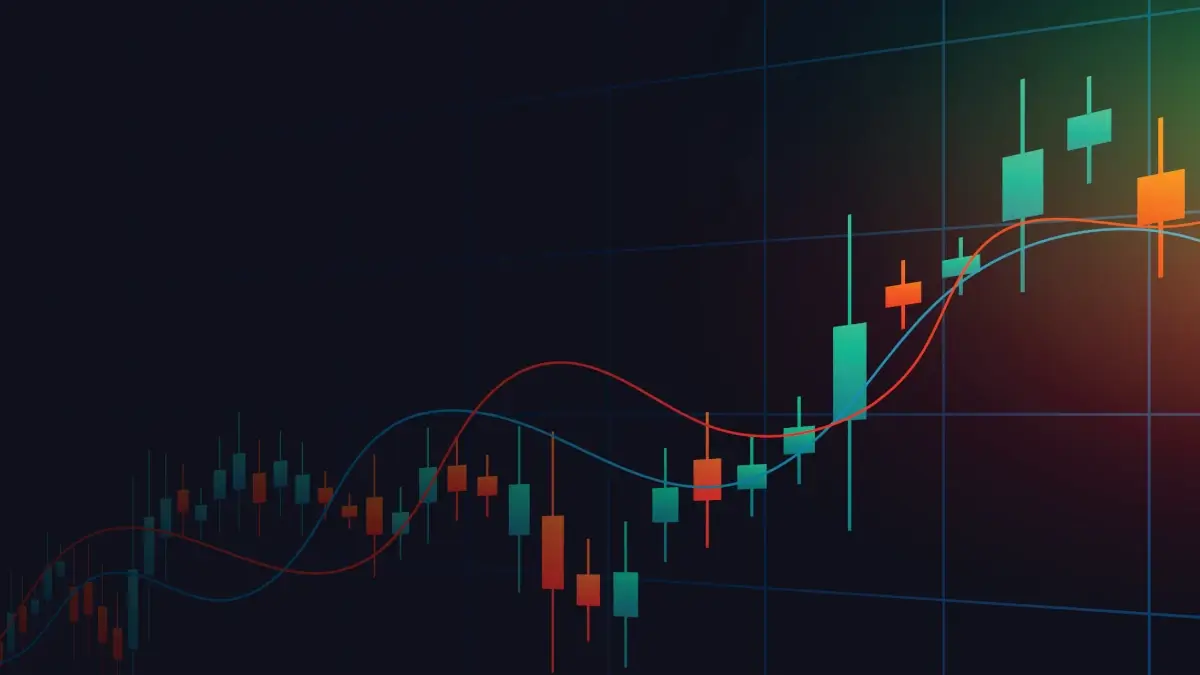The forex trading landscape is full of uncertainties. At the same time, it presents both opportunities and risks. While some traders achieve profits and rewards, others experience losses and failures. To make informed decisions and navigate the Forex market effectively, it’s paramount to understand the potential rewards and the inherent risks associated with forex trading. In this detailed blog post, we’ll discuss the top rewards and risks of forex trading, as well as what you need to expect.

Top Rewards of Forex Trading.
Forex trading can be rewarding in many ways, but only when done masterfully. Let’s take a closer look at a few rewards that you (as a forex trader) can achieve.
High Liquidity: The foreign exchange market ranks as the most liquid financial market. That’s where buying and selling currencies is much easier and takes less time.
Leverage: Forex prop firms and brokers allow traders to control large positions using a small initial capital. Doing so can substantially elevate your profits and gains.
Low Transaction Costs: Forex trading generally has lower transaction costs as compared to other financial markets. Most firms work on a profit-sharing model, which means you’ll have to share a predetermined percentage of your profit generated.
Accessibility: As a trader, you can access the market for 24 hours a day, five days a week (Monday to Friday). During this operational period, you can execute trades with a small amount of capital to achieve higher profits and success.
Risks of Forex Trading.
In addition to the rewards, the forex trading journey is filled with a variety of risks. So, check some of them out!
Decentralized Market: Unlike other financial markets, the foreign exchange (forex) market is a decentralized market. It trades over-the-counter (OTC), with no central exchange. That’s what leads to counterparty risk. There are also minimal or no central guarantees for trades.
High Volatility: Currency prices fluctuate significantly and rapidly. Various factors, including geopolitical events and economic data, contribute to these price fluctuations, resulting in both increased profits and losses.
Leverage: Leverage is often referred to as a double-edged sword. As it increases profits, so do the outsized losses. Both types of surges can potentially deplete your capital in a short period.
Market Conditions: Two major factors – the inherent volatility and complexity of the market value – make it challenging to predict market conditions. Hence, the failure rate among novice traders is higher, as many of them incur substantial losses.
Here’s What You Should Expect.
Substantial Risk: Prepare yourself for market swings, as they usually go against your positions, especially when you use leverage to trade. Research all possible risks associated with leverage and develop strategies to mitigate them.
Trading Strategy: Successfully navigating the forex market is impossible without a well-defined trading plan. Therefore, invest time in creating an all-encompassing trading plan and discover the most effective ways to minimize losses and maximize profits.
Vulnerability to Leverage: Be aware that leverage has the potential to magnify both gains and losses. Therefore, seek professional advice on how to use leverage effectively so you won’t experience any financial losses.
Risk Management: Managing risks in the trading landscape is no easy task. So, learn to implement effective strategies, such as stop-loss, limit potential losses, control your position sizes, and risk only a small percentage of your capital on each trade.
Challenging Path to Profitability: Just a few traders can consistently profit from trading, as the forex market is dynamic in nature. To prevent failures and achieve consistent profitability, work with a prop firm like Maven Trading to stay disciplined and focus on ongoing learning and adaptation.
Conclusion.
Forex trading offers a compelling mix of opportunity and uncertainty. While the rewards such as high liquidity, leverage, and market accessibility can be substantial, they come hand-in-hand with risks that demand serious attention. From the decentralized nature of the market to the volatility and leverage pitfalls, traders must approach forex with both caution and strategy.
Success in this space isn’t about luck. It’s about preparation. By understanding the landscape, crafting a robust trading plan, and implementing disciplined risk management, you can position yourself to navigate the challenges and seize the rewards. Whether you’re trading independently or partnering with a prop firm like Maven Trading, the key lies in continuous learning, adaptability, and a clear-eyed view of both the risks and the potential.
Leave a Reply